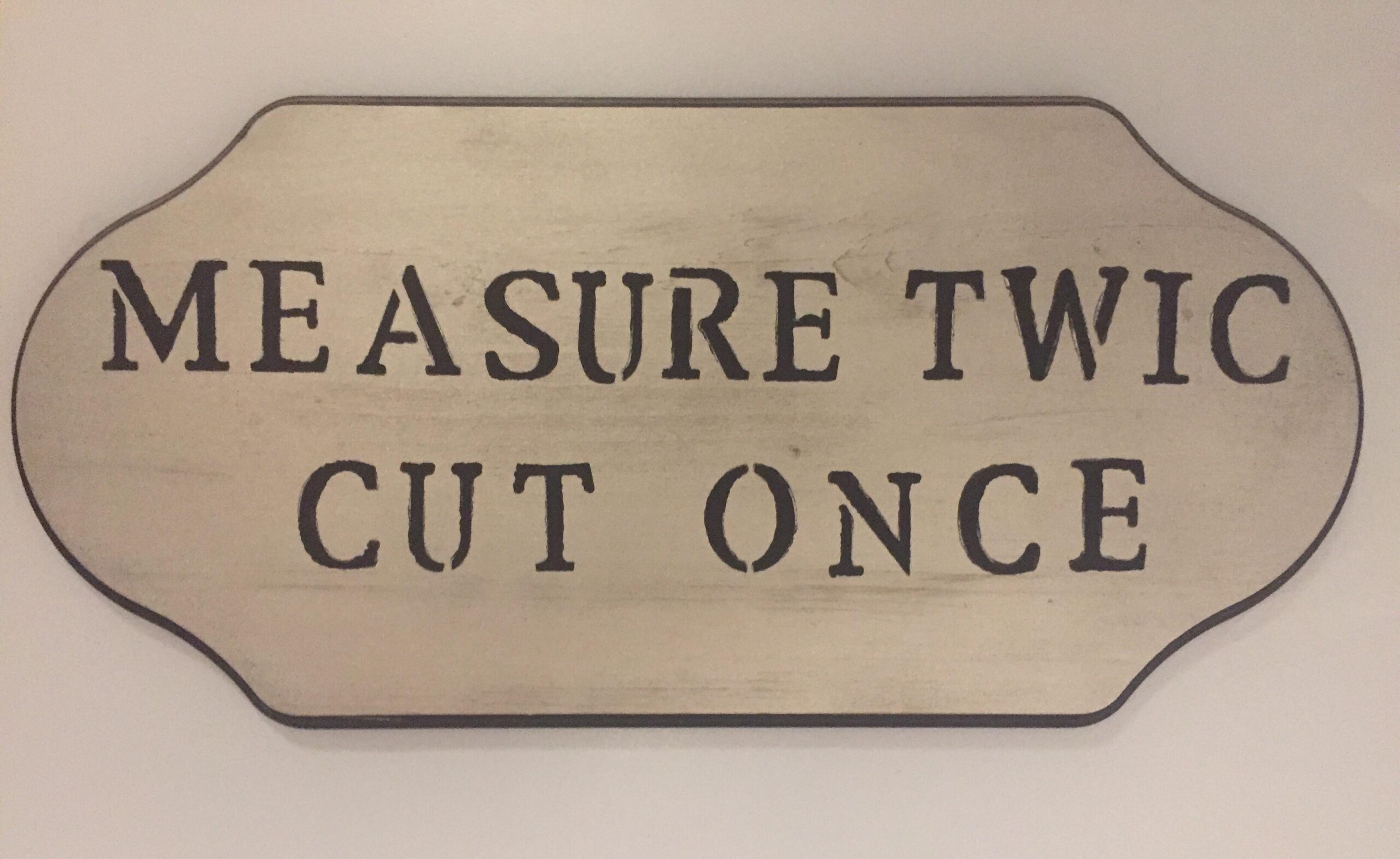Why your book must be (nearly) perfect

It sure is a lot of work to finish a book.
Why must it be 99.99% perfect? Why worry about a few typos? Or an awkward page layout? Or a footnote, for that matter?
The answer is simple. Flow.
The trance
When you read a book, you become entranced. Your brain is swept away. You are not even conscious of reading — you just hear the writer’s voice in your mind’s ear and think about what they’re saying and what you think of it. Your mental soundtrack might add a few comments like “uh-huh,” “wow, really,” “I had no idea,” and “I’m going to remember this.” You’re grooving. And that’s awesome.
You can’t get there unless it’s a good idea. Unless there are good stories in it. Unless it’s convincing and logical. Unless it keeps revealing more the deeper you go.
But that’s not enough. Think about what can derail you from the track the author has attempted to put you on.
Misspelled word. Hmm, that’s not right. What was she saying there, again?
It says Tufecki. But on the previous page, they called her Tufekci. Is it C-K, or K-C? I always liked her work. Oops, lost my place.
Why is that comma there? It doesn’t sound right. Let’s read that sentence again. You know, I think I have to stop and use the rest room.
Is the font different in this paragraph? Weird.
Why are those margins wiggling around? The type is too close to the edge of the page. Every line I read, I feel like I’m going to fall off.
It says “See Figure 2.” Where’s Figure 2? It’s missing. Wait, here it is three pages later. Why did they do that? What was the point this figure was supposed to prove, anyway?
I came to the end of the page. Now I go to the top of the next page. Wait, something’s missing. What’s that orphaned word all by itself up there? What’s going on in this explanation, I’ve lost track.
That fact sounds wrong. What’s the source? No footnote, I’ll Google it. Hmm, not a definitive source, I don’t believe it. So that argument is . . . where was that footnote again? And where does that fact fit into the argument, again?
I remember that story in the book! I’ll reference it again. Let’s look that company up in the index. Wait, why isn’t the name of the company in the index? Well, I’m not spending time rooting through the book looking for it, that’s for sure.
Spend the time
It’s exhausting to spend all this time on details after you think the manuscript is done. Who reads that closely?
Everyone.
To entertain, to persuade, to impress, you might engage the reader in the flow of reading. Every flaw has the potential to interrupt that.
So fix it, ok?
My dad was trained as a carpenter by his uncle, after my dad’s dad died.
We heard “measure twice, cut once” many times in our household. It’s a great piece of advice, and also brings back good memories.
Thanks, as always, for your excellent guidance on writing well, writing better, writing overall.